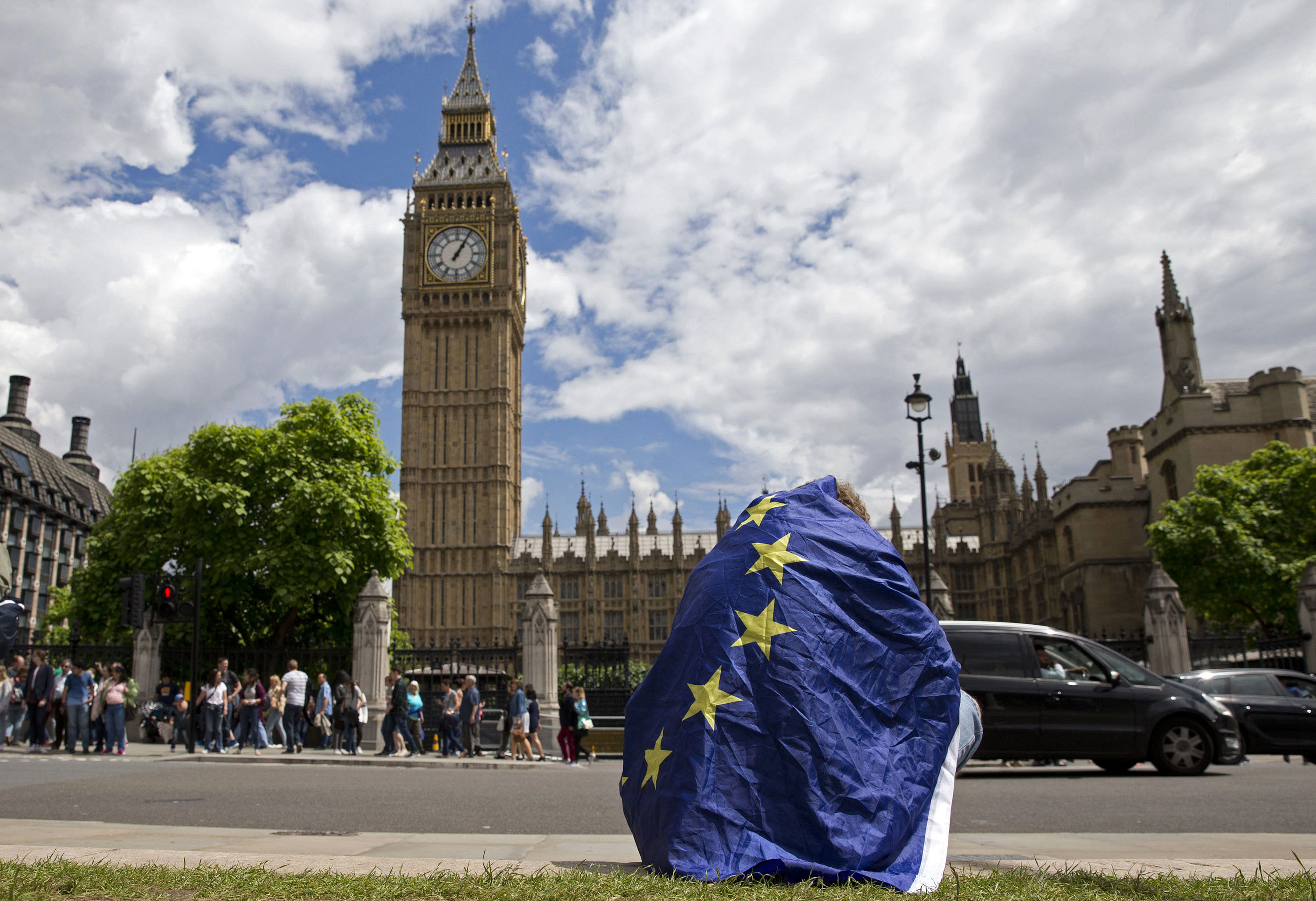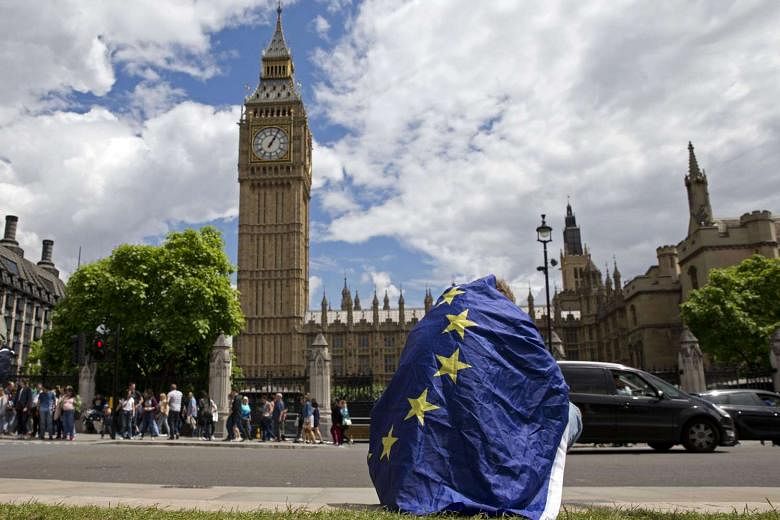The United Kingdom's referendum on June 23 that led to its decision to leave the European Union (EU) continues to have a huge impact on Britain's economy and others around the world. It has become the greatest cause for concern over the world economy's future since the financial crisis of 2008. What effects will Brexit have on Asia and Japan?
We must take a balanced view of Brexit's short-term and long-term effects on Asia's economies and that of Japan. Beginning with the short-term effects, it would seem that major economies in Asia, such as Japan and China, must review their trade policies towards Europe. The EU is China's largest trading partner. For this reason, Brexit will inevitably affect the future of the Chinese economy on a significant scale. Understandably, China did not want Britain to leave the EU. Mr Lu Kang, director- general of the information department of the Chinese Ministry of Foreign Affairs, said his country still welcomes the advancement of European integration.
Chinese President Xi Jinping visited Britain for four days from Oct 19 last year and received exceptionally hospitable treatment from the British government. Agreements worth a total of £40 billion (about S$72 billion) were signed during this visit, including those tied to the participation of Chinese companies in nuclear power plant development projects in Britain. Former chancellor of the exchequer George Osborne, who managed Anglo-Chinese economic cooperation then, positioned the next 10 years as a "golden decade" for the bilateral relationship. In a sense, Mr Osborne tried to position Britain as an open and friendly gateway to the EU, as China's trade with the EU expands rapidly. However, his economic plan will fall apart when Britain leaves the EU. Britain will be much less attractive to China if it is no longer a part of the EU, the largest economy in the world.
Japanese Prime Minister Shinzo Abe, who visited Britain on May 5 this year, also strongly supported Britain's continued membership in the EU. He said: "British membership in a strong EU is better for the world." Mr Abe added that Britain would lose its appeal as an investment destination for Japan, which was making major direct investments in Britain before the Brexit results. Furthermore, the Group of Seven (G-7) Ise-Shima Leaders' Declaration put together on May 27 this year by Japan, as the country chair, stated: "A UK exit from the EU would reverse the trend towards greater global trade and investments and the jobs they create, and further- more is a serious risk to growth."
The Chinese and Japanese governments, along with other G-7 leaders, are concerned about Brexit's negative short-term repercussions for the world economy, including the possibility of negative effects on China and Japan.
To minimise this negative economic impact, both the Chinese and Japanese governments are considering their options, which include the launch of negotiations with Britain to conclude bilateral trade agreements.

Britain has not independently implemented any trade policy for 43 years, because the EU had exclusive jurisdiction over its members' trade policies. After the referendum, Britain assembled a team of capable individuals to handle trade policies. As the new secretary of state for international trade, Mr Liam Fox will lead the negotiations. Mr Fox was a central figure in the Brexit group within Britain's Conservative Party. He must have a strong interest in concluding bilateral trade agreements with major countries outside the EU, such as the United States, China, and Japan.
As for long-term effects, it may well be that China and Japan draw opposite conclusions on the referendum's effects. With its exit from the EU, Britain is likely to lose the position of influence it once occupied in the international community, and that will have huge adverse effects on the liberal international order. There is even the possibility that the UK would break up if Scotland and Northern Ireland choose to become independent.
Since the end of World War II, the US and Britain, as core United Nations members and two of the three big powers to emerge victorious, have exercised vast influence over the post-war liberal international order. That order is based on the rule of law. The Soviet Union, the last of the Big Three, dissolved in 1991, which also marked the end of the Cold War.
Since then, the US and Britain have continued to examine responses to acts that violate international law and sources of destabilisation in pursuit of a stable global order, using policy options which do not exclude the use of military force. With Britain leaving the EU, the US will perhaps become much more inward-looking than ever before.
How might the international order change as a result? Take the example of the sanctions imposed on Russia over the Ukraine issue. The US and Britain have taken the toughest stands against Russia. If their influence wanes, the voices of Germany and France - which are considering the lifting of these sanctions - will strengthen in the EU.
Meanwhile, it will become harder for Britain to criticise China's actions in the South China Sea and the East China Sea, because the country's economy will be inevitably more dependent on investments from China.
There is concern that Britain's exit from the EU may mark the beginning of the end for the liberal order.
To guard against this possibility, the Japanese government must continue to advance its policies in defence of the liberal international order in cooperation with other countries, such as other G-7 nations. The defence of this liberal international order is an indispensable benefit to the economic growth of all major countries, including China.
Lose it and economic growth will be stymied, nationalism will grow, distrust will arise in the inter- national community, and inter- national cooperation will collapse.
- The writer is a professor at the Faculty of Law, Keio University.

